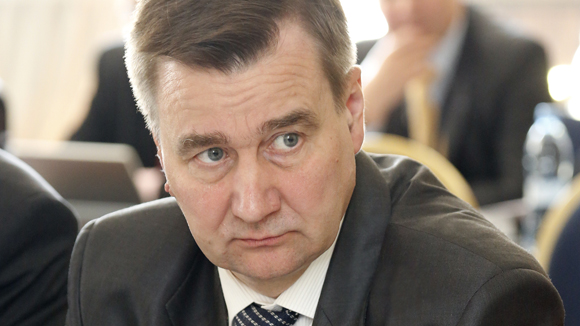Roskomnadzor evaluates Opsos and criticizes satellite Internet

Photo of the press service of Roskomnadzor
Oleg Ivanov, deputy head of Roskomnadzor, told Izvestia that the ministry was closely engaged in assessing the quality of services provided by cellular operators. Measurements will take place in several stages. The first stage has already begun - this is the measurement of the signal level with the help of cars with special equipment. The second stage involves crowdsourcing - engaging the users of communication in the measurement.
In December, in seven major cities of Russia: Moscow, St. Petersburg, Kazan, Yekaterinburg, Krasnodar, Khabarovsk and Novosibirsk, mobile radio monitoring systems had already traveled through the streets and collected information about signals from cell phone operators. But, as Ivanov himself notes, in this way no more than 40% of the information on communication can be collected.
For completeness, it is also necessary to evaluate the quality of communication, for example, inside buildings. To this end, the ministry plans, among other things, to conduct user surveys. And for a more objective assessment, it is planned to release an application for smartphones that will automatically collect information about the signal level and send it to the processing department of Roskomnadzor. Those who wish to participate in the measurements will be able to install this application on a voluntary basis.
')
Sending data, according to Ivanov, will be anonymous, without disclosing the user's personal data. Among the data that the ministry wants to see are information about the location of the smartphone, the signal level, the quality of dialing (the number of attempts before the subscriber answers), the speed of passing the SMS. Moreover, this traffic is planned to be made free for subscribers.
As a result, information about the availability and quality of mobile communication will be available to everyone on the map, so that users can select a specific operator for a particular office or home location based on it, or think about changing the current operator ).
Also during the interview, Ivanov unexpectedly sharply opposed the ideas of Facebook, Google and Elon Musk to give inexpensive satellite Internet to every home:
- This is a beautiful populist idea that is not supported by any calculations. My opinion - this searchlights from the field of science fiction. In the short term, this will not be exactly, it is unrealistic. The orbital frequency resource is not enough to provide the necessary signal delivery band. Already, the orbital frequency resource is not enough. And the speed of satellite Internet is small, we are talking about kilobits per second. It is theoretically possible to use for this purpose the submillimeter range, but its development is very expensive. Such projects will require the introduction of technologies that do not yet exist. Therefore, my prediction is this: in the next 10 years, such a project will not be implemented for sure.
Source: https://habr.com/ru/post/376585/
All Articles